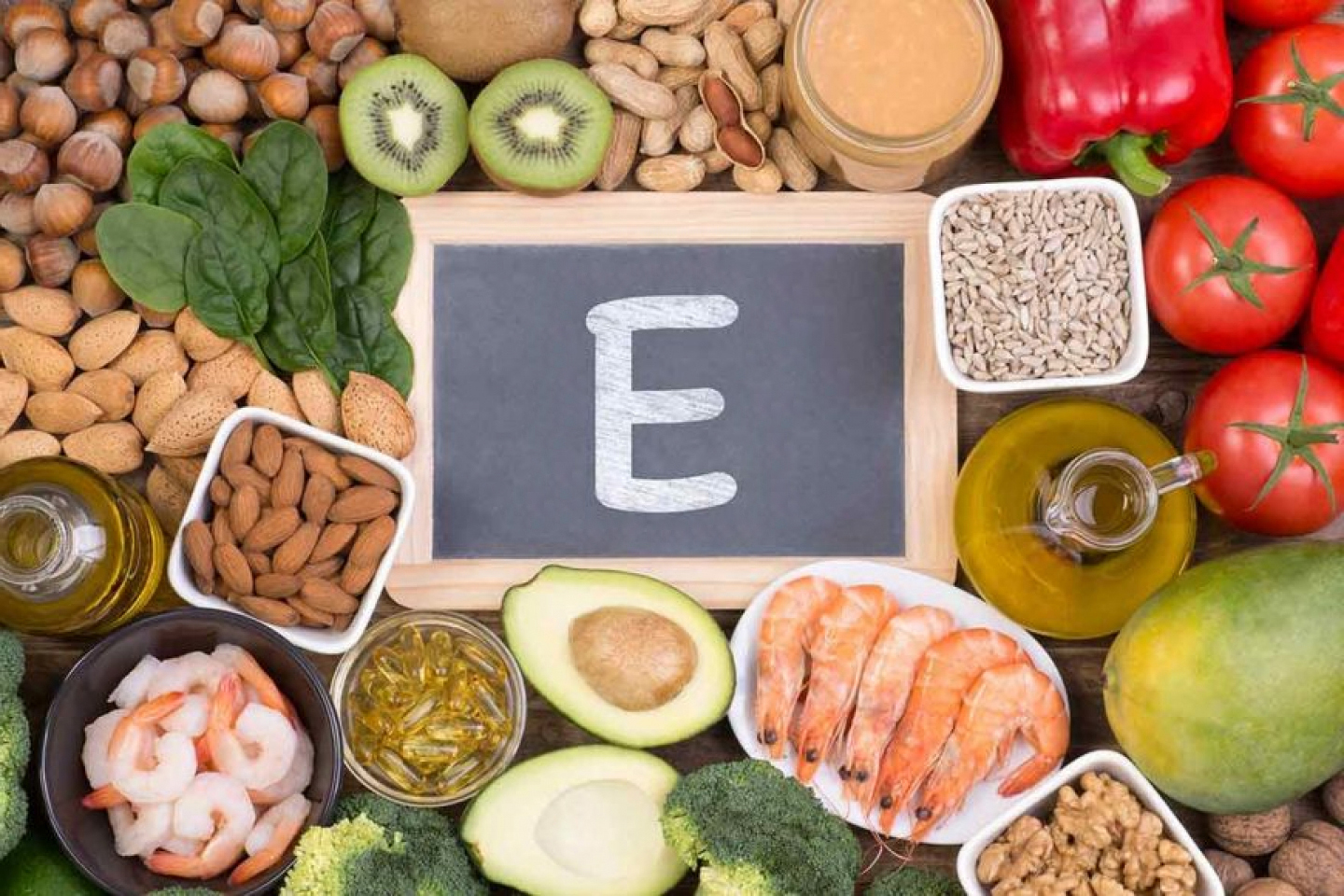Want a 10% discount on your first purchase?
Sign up for our newsletter
theme575
You have no wish lists..
Your shopping cart is empty!
Once you’ve selected your products,
click the Add to Cart button
Vitamin E (tocopherol) is a fat-soluble vitamin. In other words, it's soluble in fat. In nature, there are 8 different compounds that represent vitamin E (alpha, beta, gamma, and delta tocopherols as well as alpha, beta, gamma, and delta tocotrienols). The most commonly known form is alpha-tocopherol. In addition, it offers the most active vitamin properties.
Read more...Vitamin E is a physiological antioxidant. Vitamin E intake is directly related to the consumption of polyunsaturated fats. These fats are involved in the formation of cell membranes and proteins that transport fat to the blood. They are very sensitive to the effects of oxygen, and vitamin E is a reliable protection for them. Keeping in mind the fact that fat must enter our body with food every day, it's important to make sure that your diet includes a sufficient amount of vitamin E.

The main function of Vitamin E is related to its antioxidant properties: it protects cell membranes, proteins, fats, and DNA while trapping free radicals and preventing them from spreading in the body. In other words, it prevents the process of oxidation of bad LDL cholesterol, which consequently accumulates in smaller amounts in the arteries all around the body.
Since Vitamin E also has anti-inflammatory, antiplatelet and vasodilating properties, it is also considered a cardioprotector.
Who said that fat can't be useful? In addition to vital polyunsaturated fatty acids, vegetable oils (non-hydrogenated) are sources of this vitamin and an antioxidant that protects the cells in the body. To use all the advantages of the beneficial properties of vegetable oils, you don't have to add them to dishes in large quantities: a couple of spoons of oil added to dishes made of raw or cooked vegetables will enrich them with vitamin E. Together with Vitamin C and beta-carotene, which can be found in vegetables, they form a real cocktail of antioxidants!
Want a 10% discount on your first purchase?
Sign up for our newsletter
Want a 10% discount on your first purchase?
Sign up for our newsletter






